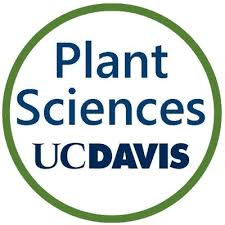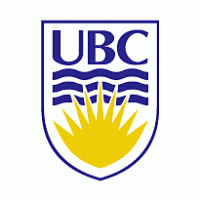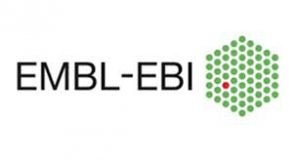Here is a collection of RStudio “Cheatsheets” that provide an at-a-glance look at R packages and their related functions. View cheatsheets for dplyr, ggplot2, RStudio IDE and more.
Page 2 of 5
These course notes emphasize understanding the underlying structure of generalized linear mixed models including regression, ANOVA, animal models, threshold models, meta-analysis, MANCOVA and random regression.This course also aims to show how these models can be fitted in a Bayesian framework using Markov chain Monte Carlo (MCMC) methods in the MCMCglmm R package.
Access course note here
This course compiles the lectures, tutorials, and materials of PLS205 taught by Daniel Runcie and focuses on implementing analyses in R. The goal of this course is to introduce graduate students in the biological sciences to the fundamental concepts and introductory statistical methods necessary to plan, conduct, and interpret experiments. It will be most accessible to students who have taken an introductory stats course (like PLS120 or STA 100.) The material is grouped into weekly blocks consisting of two lectures (1.5 hours each), one lab (1 hour), and one homework.
Biology 501 is a graduate level course taught at the University of British Columbia on quantitative methods for data analysis in ecology and evolution. Composed of lectures and discussions, this content covers methodological topics and practical workshops using the R package.
Learn R… in R! Swirl is an R package that takes an interactive approach to learning R. After installing swirl via RStudio (or just R works too!) and loading the package into your library, you are all set to begin!
EMBL-EBI offers free online courses in bioinformatics to help novices become competent in processing large quantities of biological data. These tutorials are estimated to take 0.5-1 hour to complete and can be done at your own pace.
Through an encompassing tutorial, Dr. Rodenburg provides an easy to read guide on the crucial aspects of transmission electron microscopy (TEM). This tutorial was designed for, but not limited to, students with no prior knowledge of TEM.







